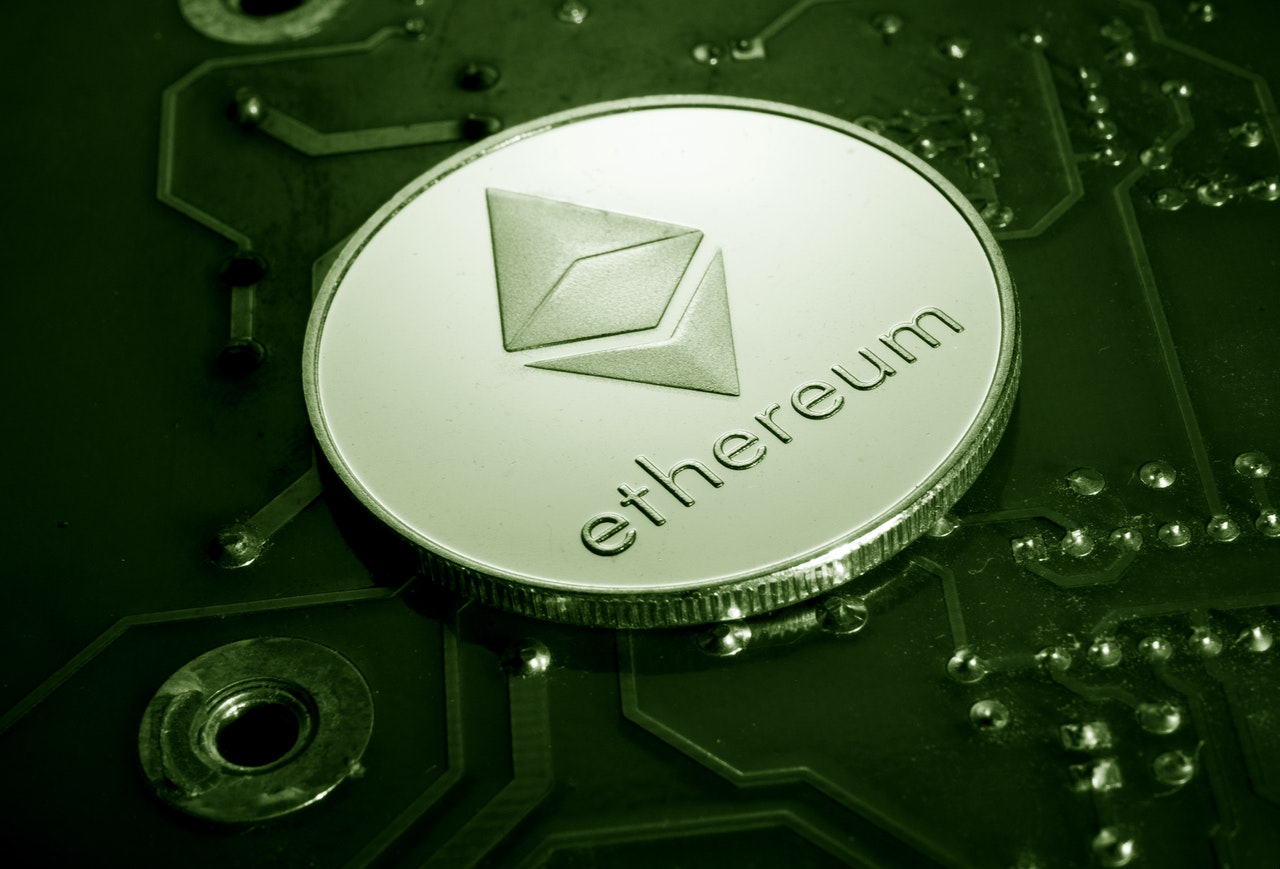Recently Ethereum has started growing exponentially, and one of the reasons is the Ethereum Blockchain’s real-life applications. Ethereum Blockchain is the platform behind the world’s second-largest cryptocurrency, Ether (ETH).
Many people are confusing Ethereum Blockchain with the Ether (ETH) cryptocurrency, however, Ether is just one aspect of Ethereum Blockchain. So if you are someone who doesn’t know what Ethereum Blockchain is and want to understand, you are at the right place.
What is Ethereum Blockchain?
Ethereum is a community-run Blockchain technology powering thousands of decentralized apps and the driving force behind cryptocurrency Ether (ETH). Ethereum Blockchain network is based on a peer-to-peer network protocol and consisting of many computers worldwide.
Ethereum Blockchain network allows the users to execute almost any code they want, and it is stored on the Blockchain for other people to interact with.
Ethereum acts like a supercomputer that combines the power of all the computer nodes to execute user-submitted code. To execute the user-submitted code, the Ethereum supercomputer, also known as Ethereum Virtual Machine, charges a small transaction fee in exchange for the computational power that is going to be used. These fees are called “gas,” and this is how Ethereum makes money.
Major Applications Offered by Ethereum Blockchain
Some of the mainstream applications of Ethereum Blockchain includes;
1. Smart Contracts
A Smart Contract is a few lines of code that are executed automatically when certain conditions are met. All terms and conditions of a Smart Contract are defined into a few lines of codes and stored on the Blockchain network. Execution of a Smart Contract is proof of a transaction or an action.
Smart Contracts are faster and more secure than traditional contracts without any possibility of downtime, fraud, censorship, etc. The Smart Contracts are written in programming languages like Solidity, Vyper, and Bamboo.
2. Decentralized Apps
Decentralized apps are another primary real-life application of the Ethereum Blockchain network. Decentralized apps are like other software applications, but instead of being run on a centralized server, it runs on a decentralized Ethereum Blockchain network. The decentralized app runs on a peer-to-peer protocol without the need for centralized control.
Smart Contracts usually have an interface that can be used as a computer application, web page, or mobile app. The Smart Contracts act as the backend for the decentralized apps.
Benefits Offered by Ethereum Blockchain
Some of the benefits of the Ethereum Blockchain are given below.
1. Being Immutable
The transactions made of the Ethereum Blockchain are immutable, which means that the information can not be altered once it is written. This makes it highly resistant to hacking attempts.
2. Decentralized
The Ethereum Blockchain is an entirely decentralized system. Smart Contracts are self-executed when transactions are made without an intermediary.
3. Highly Secure
The Ethereum Blockchain is a highly secure network because of the cryptography, and it also has three times more nodes than bitcoin, which makes it even more secure.
Ethereum Blockchain is a beneficial technology with revolutionizing applications. It is growing at exponential rates, which also makes it a great investment opportunity.






